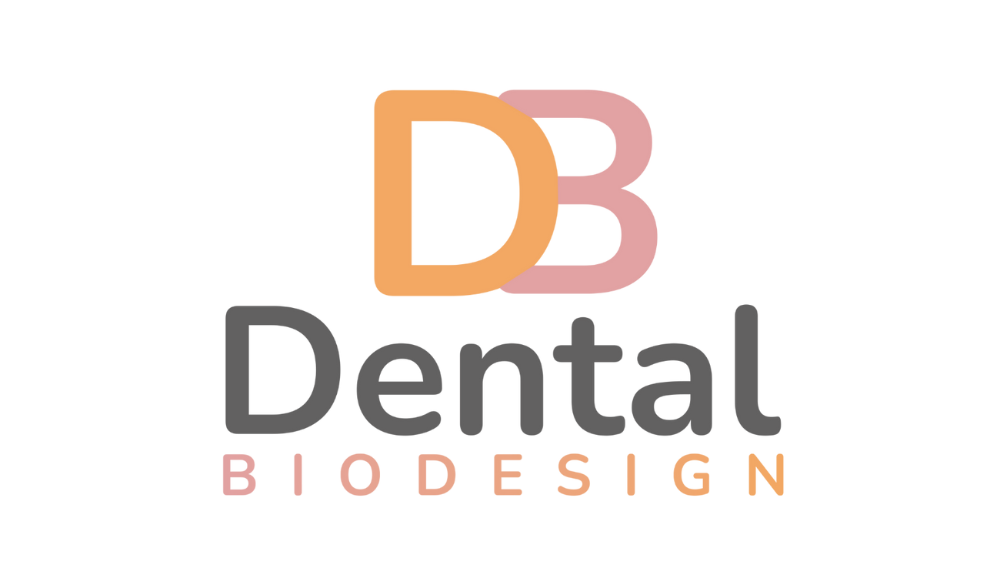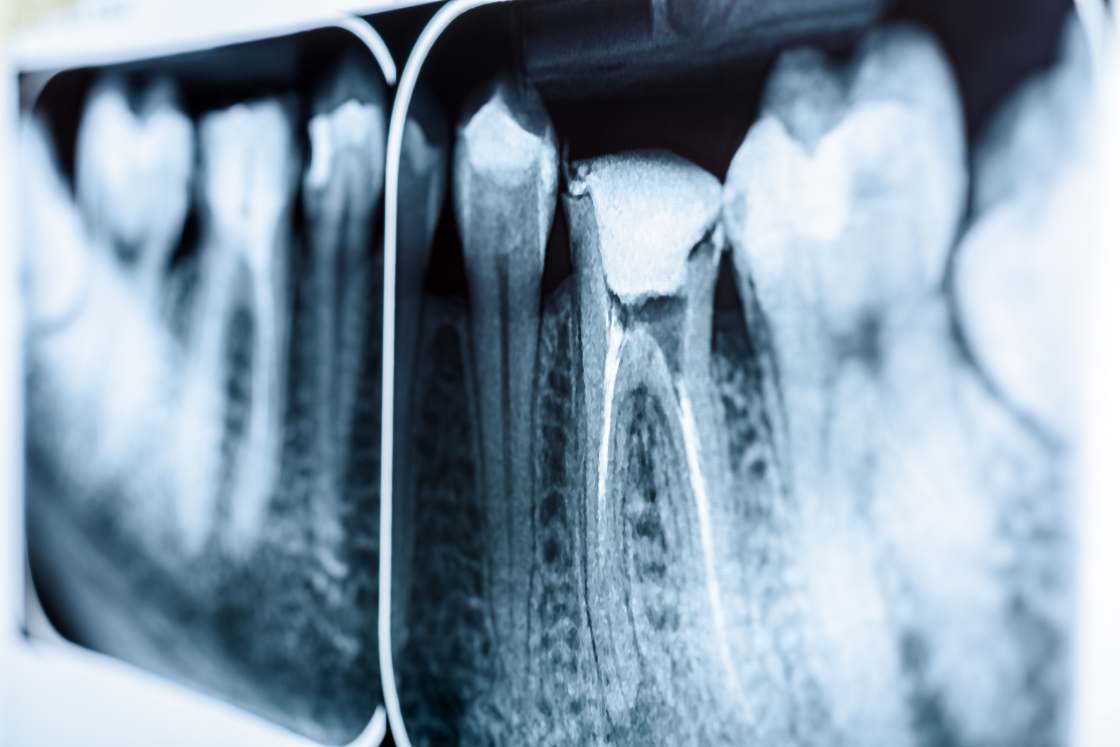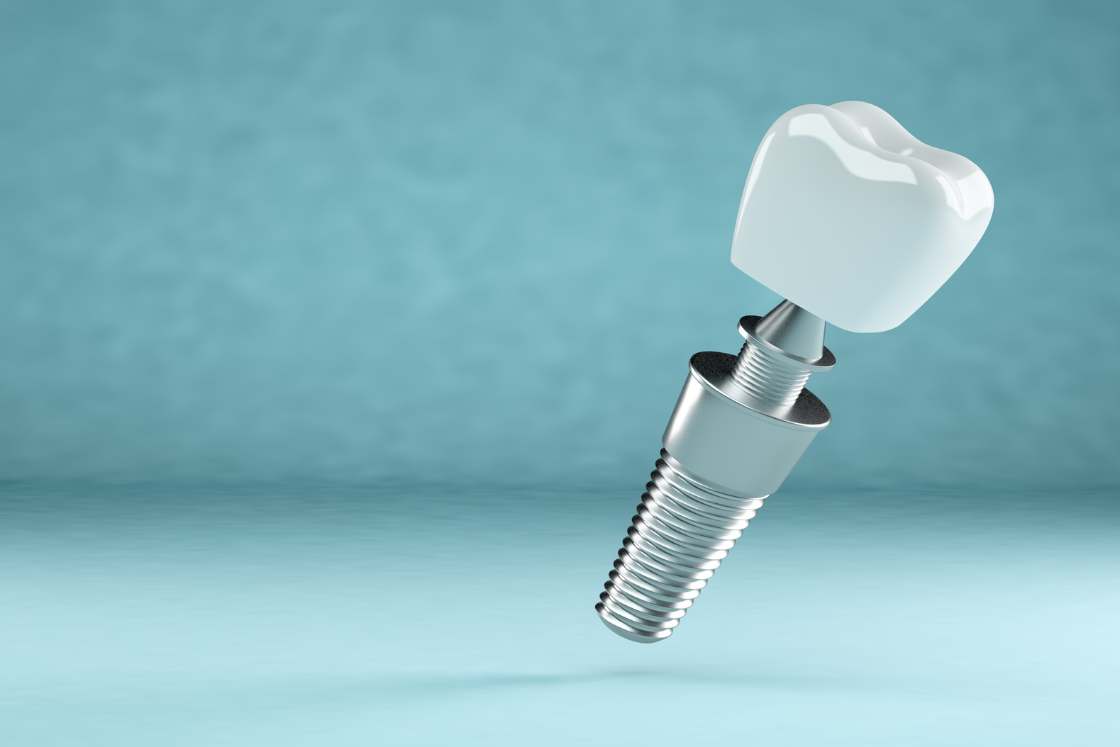
What causes dental infections?
What causes dental infections? Dental infections are a very common health problem that affects many people at some point in their lives. They occur when bacteria that normally live in the mouth multiply and attack the tissues that surround or form part of the teeth. These bacteria can come into contact with the nerve or dental pulp, causing pain, inflammation and pus. They can also spread to other parts of the body, such as the bones, the sinuses or the heart, causing serious complications.
What are dental infections?
Dental infections can be classified into different types, depending on the origin, location and severity of the infection. Some of the most frequent types are:
- Dental caries: It is the destruction of the enamel and dentin that cover the tooth, due to the acid produced by bacteria when they feed on food residues. The caries can affect the nerve or dental pulp, causing pain and inflammation. If not treated in time, it can cause tooth loss or a dental abscess.
- Gingivitis: It is the inflammation of the gums, caused by the accumulation of bacterial plaque or tartar on the gum line. Gingivitis causes bleeding, redness and sensitivity in the gums. If not treated, it can evolve into a periodontitis, which is the infection and inflammation of the tissues that support the tooth, such as the bone and the periodontal ligament.
- Dental abscess: It is the accumulation of pus inside or around the tooth, caused by a bacterial infection. The abscess can originate in the dental pulp (periapical abscess) or in the gums (periodontal abscess). The abscess causes intense pain, swelling, fever and bad breath. If not drained, it can spread to other areas of the face or body, causing cellulitis, osteomyelitis or endocarditis.
- Pericoronitis: It is the infection and inflammation of the gum that partially covers a tooth that is erupting, such as the third molar or wisdom tooth. Pericoronitis causes pain, difficulty opening the mouth, bad taste and bad smell. If not treated, it can cause an abscess or a generalized infection.
What causes dental infections?
Dental infections are mainly due to the lack of oral hygiene, which allows the accumulation of bacterial plaque and tartar on the teeth and gums. Bacterial plaque is a sticky and transparent layer that forms on the surface of the teeth, composed of bacteria, saliva and food residues. Tartar is the hardened plaque, which adheres to the enamel and the gum line. Both plaque and tartar are the ideal medium for the growth of bacteria that cause dental infections.
Other factors
Other factors that can favor the development of dental infections are:
- The diet: The excessive consumption of sugars and starches favors the production of acids by bacteria, which erode the enamel and facilitate the formation of caries. The consumption of acidic foods, such as citrus fruits, vinegar or tomato, which can damage the enamel and increase dental sensitivity, should also be avoided.
- Smoking: Tobacco smoke negatively affects oral health, as it reduces the flow of saliva, which is the natural mechanism of cleaning and protection of the mouth. In addition, tobacco alters the bacterial flora, favoring the growth of bacteria that cause dental infections. Tobacco also stains the teeth, causes bad breath and increases the risk of oral cancer.
- Stress: Stress can affect oral health in several ways. On the one hand, it can cause bruxism, which is the habit of clenching or grinding the teeth, which can wear down the enamel and cause cracks or fractures in the teeth. On the other hand, stress can decrease the body’s defenses, making it more vulnerable to dental infections. In addition, stress can alter the habits of hygiene and diet, which can also favor the development of dental infections.
- Systemic diseases: Some diseases that affect the body in general, such as diabetes, osteoporosis, HIV or AIDS, can have repercussions on oral health. These diseases can alter the functioning of the immune system, making it more difficult to prevent and treat dental infections. They can also affect the production and quality of saliva, which can favor dry mouth and the proliferation of bacteria. In addition, some of these diseases can cause changes in the structure and appearance of the teeth and gums, which can hinder oral hygiene.
What to do when I have a toothache?
Toothache is one of the most common and annoying symptoms of dental infections. The pain can be constant or intermittent, mild or intense, localized or radiated, and can increase with cold, heat, sweet foods or pressure. Toothache can interfere with daily activities, such as work, study or rest, and affect the quality of life.
When faced with a toothache, the first thing to do is to go to the dentist as soon as possible, so that he or she can diagnose the cause of the pain and apply the appropriate treatment. The dentist may prescribe medications to relieve pain and inflammation, such as analgesics, anti-inflammatories or antibiotics, depending on the case. He or she may also perform procedures to eliminate the infection, such as cleanings, fillings, extractions or root canal treatments.
Dental Biodesign is a dental clinic, one of the best in Matamoros, Mexico, that offers general and specialized services for oral health and facial aesthetics. To book an appointment, you can contact them by phone at (956) 545-9089 or fill out the contact form on our website. We also offer free shuttle service to their patients from Gateway International Bridge to their new clinic on Nardos 7, Colonia Jardín. Dental Biodesign has a team of qualified professionals who can help you with your dental needs and improve your smile. 😊





